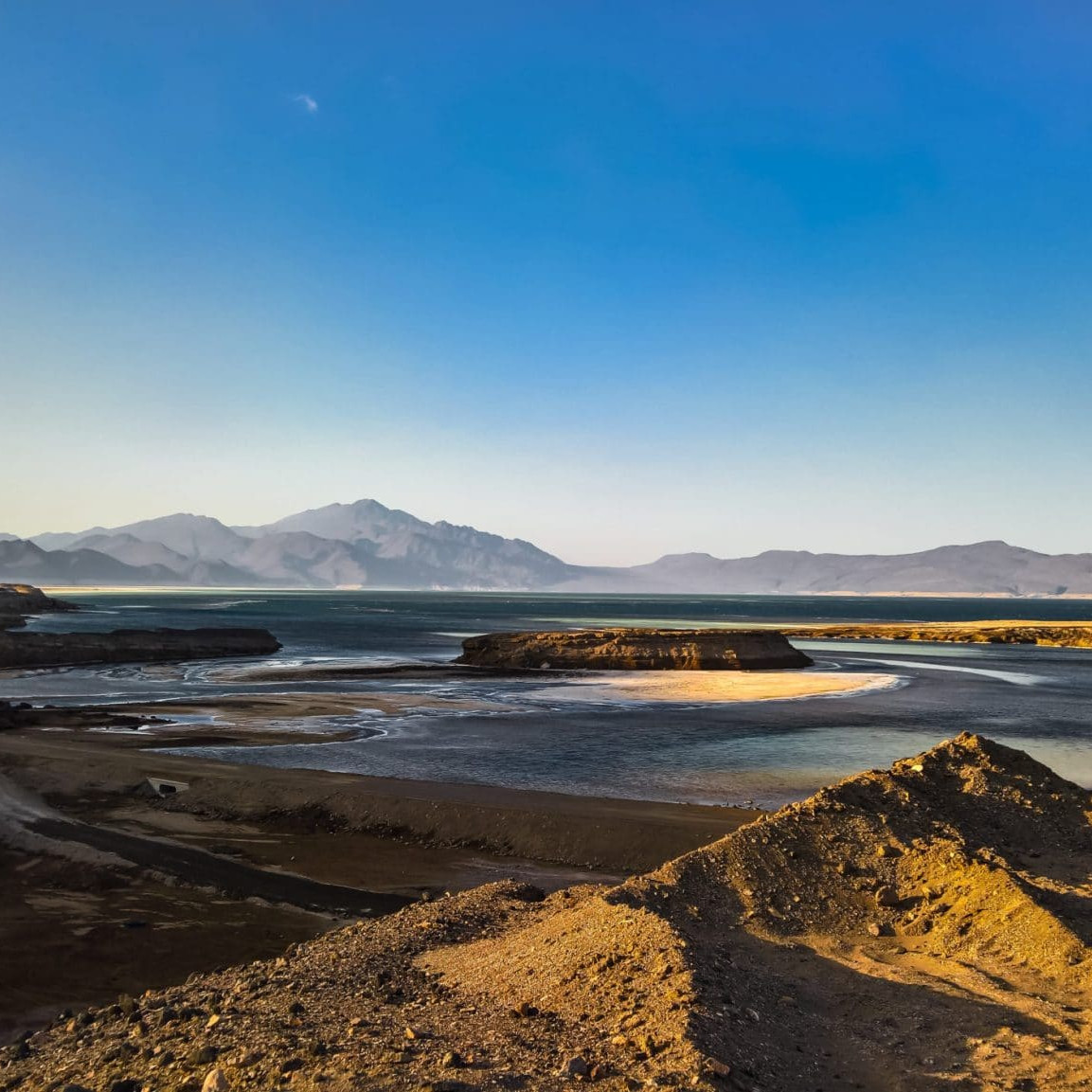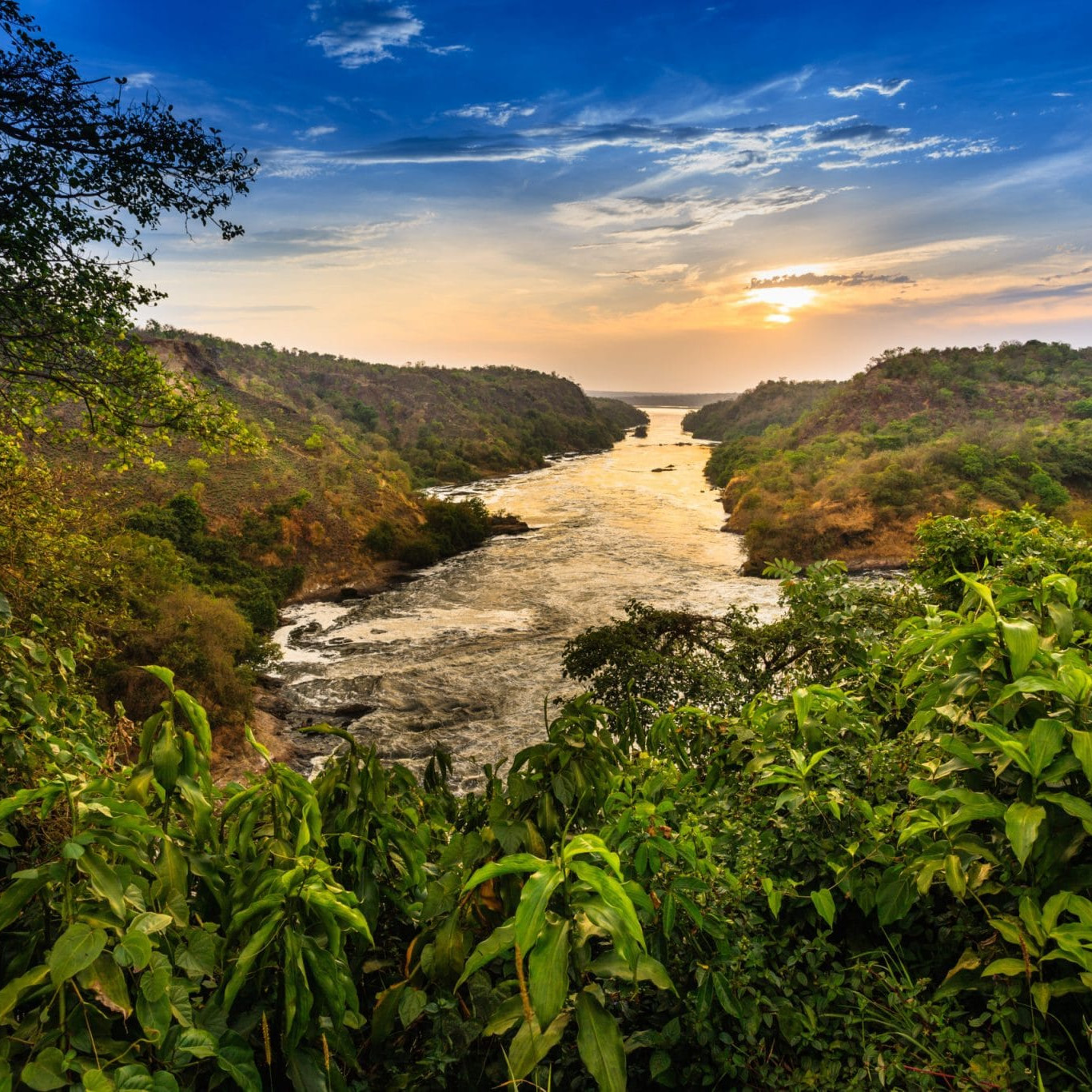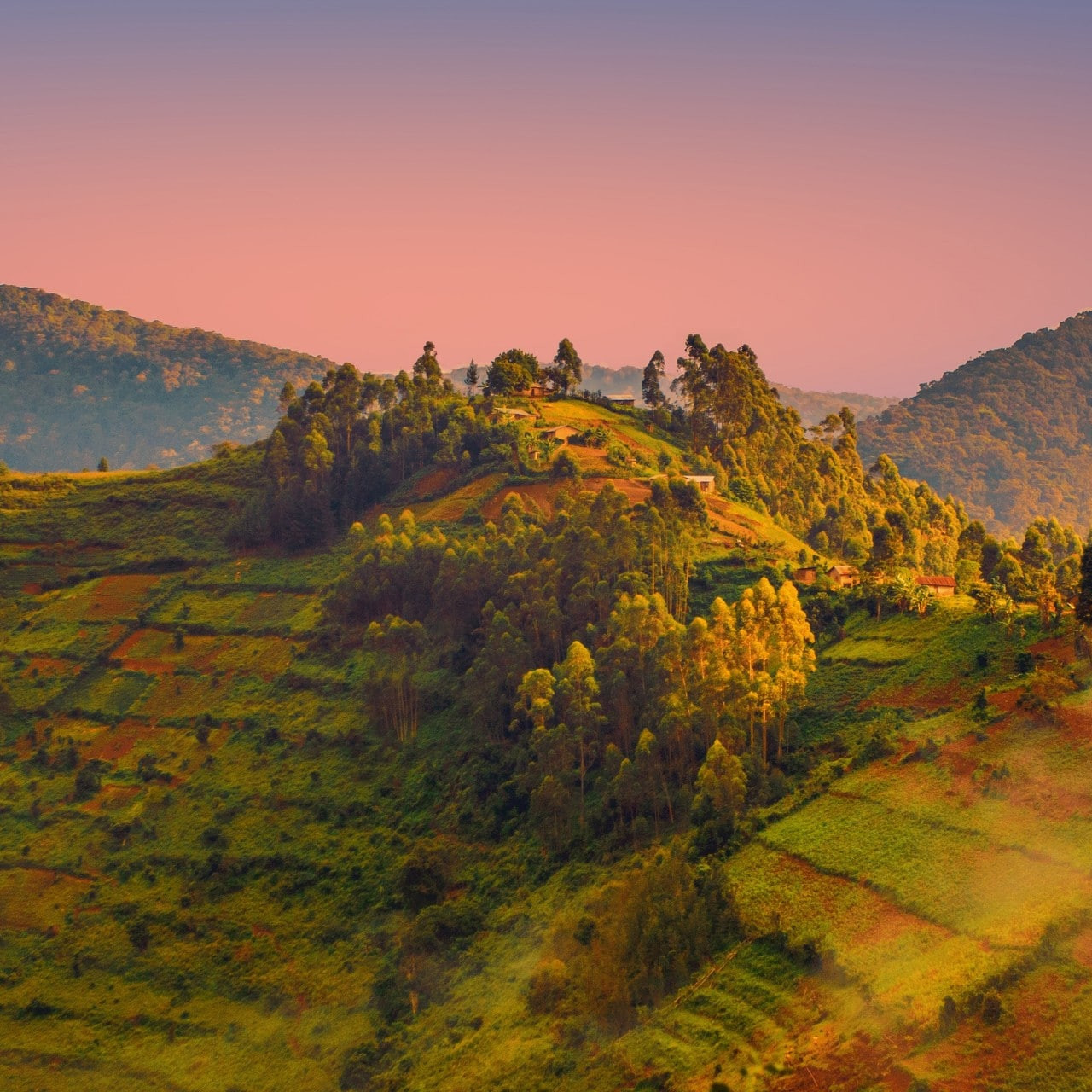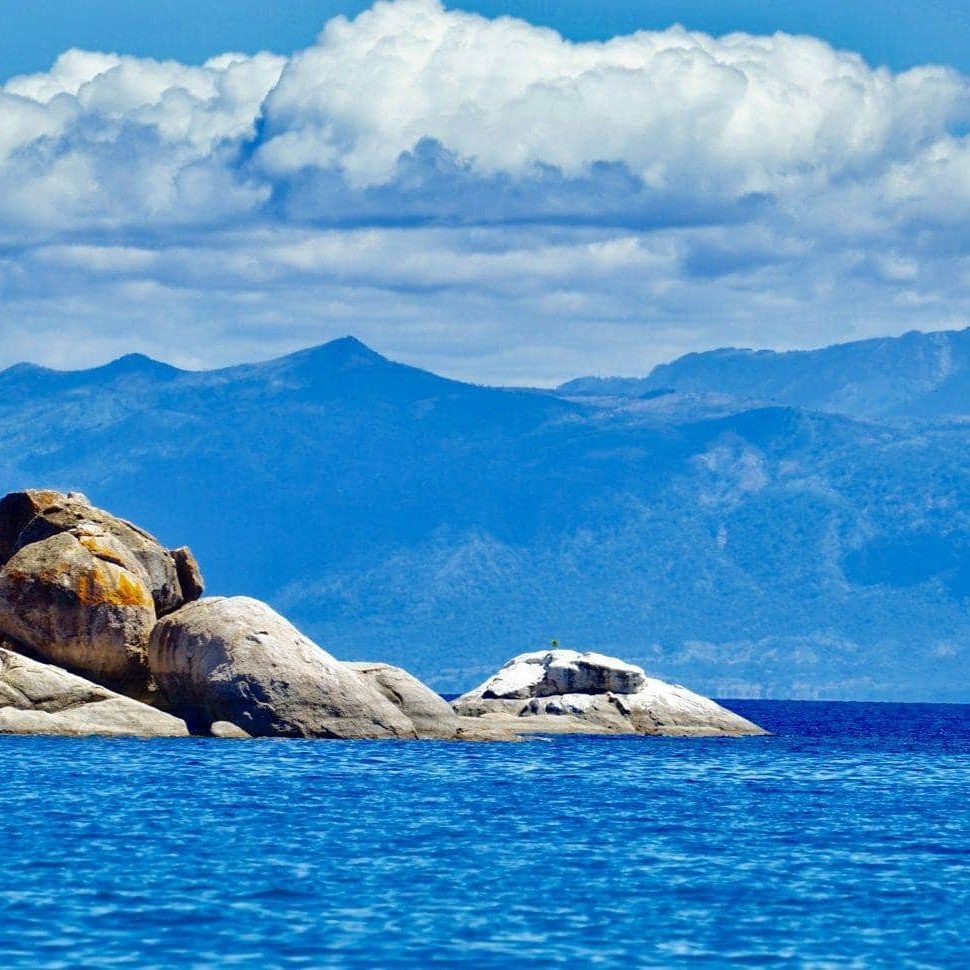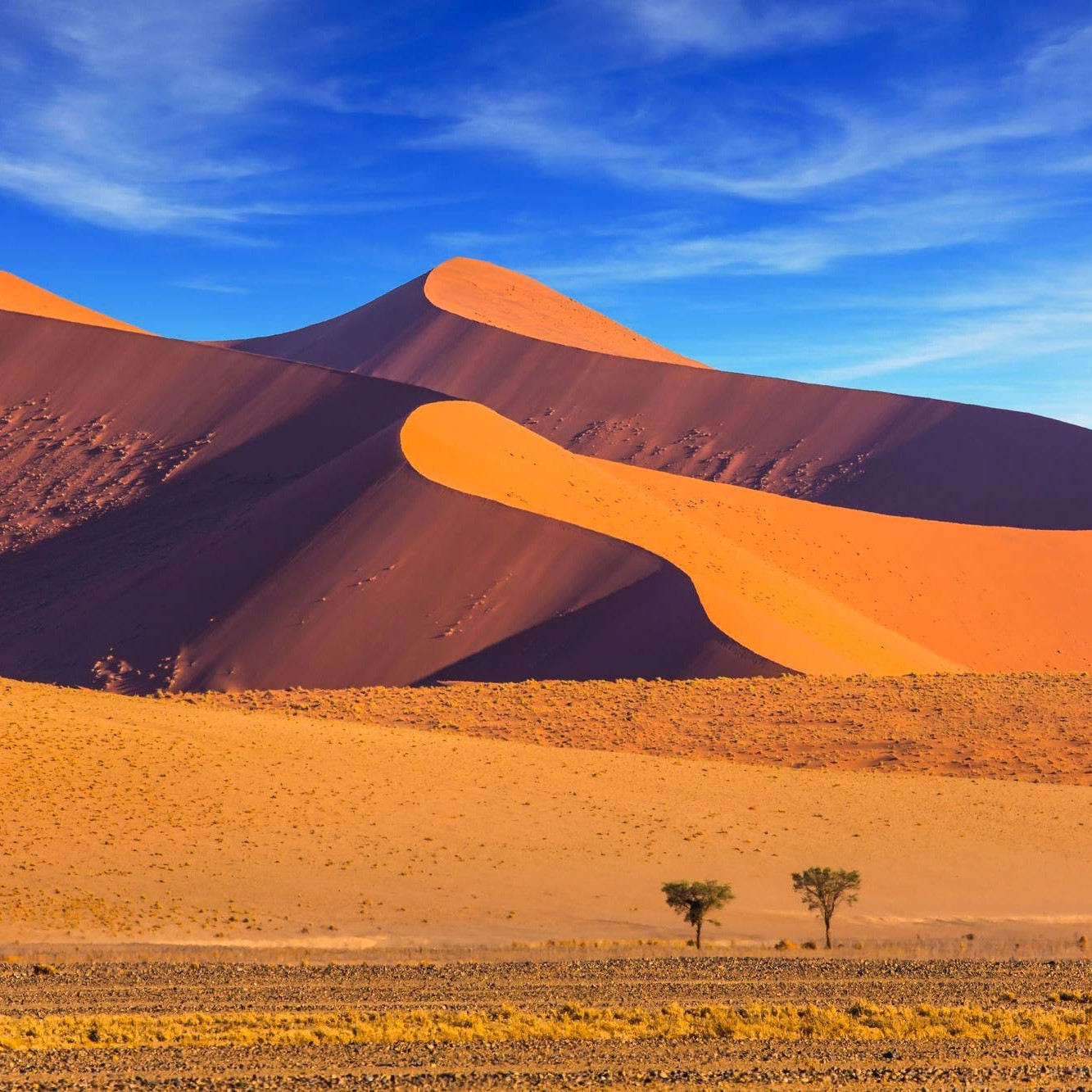Located in Southern Africa, Mozambique is a unique and vibrant country with plenty to offer visitors. Its pristine beaches, diverse wildlife, rich cultural heritage, and bustling cities make it a must-visit destination for any traveler. Mozambique is also home to some of the most stunning coral reefs and marine life in the world, making it a paradise for divers and snorkelers.
Why Visit Mozambique
BEACHES
Mozambique is home to some of the most stunning beaches in the world. With its long coastline along the Indian Ocean, Mozambique boasts crystal clear waters, white sandy beaches, and a warm tropical climate, making it a popular destination for beach lovers.
SAFARI
Mozambique offers a true african safari experience. The Gorongosa National Park is one of the wildest and most unspoilt national parks in the continent. Its savannas and forests are home to elephants, zebras, buffalos, wildebeest, lions and more than 300 species of birds. The perfect location to spot the Big Five.
CULTURE
Mozambique has a rich and diverse culture, influenced by its history of Portuguese colonization, African traditions, and Arab and Indian traders. The country is home to over 20 different ethnic groups, each with their own unique customs, music, and dance. Traditional art and crafts, such as pottery, woodcarving, and weaving, are still produced by local communities and can be found in markets and shops throughout the country.
CUISINE
Mozambique’s cuisine is influenced by the Portuguese, African, and Indian cultures. Seafood is the main highlight of Mozambique’s cuisine due to its long coastline. Prawns, calamari, lobsters, and crabs are some of the popular seafood dishes. Peri-Peri and Matata are some of its most famous dishes.
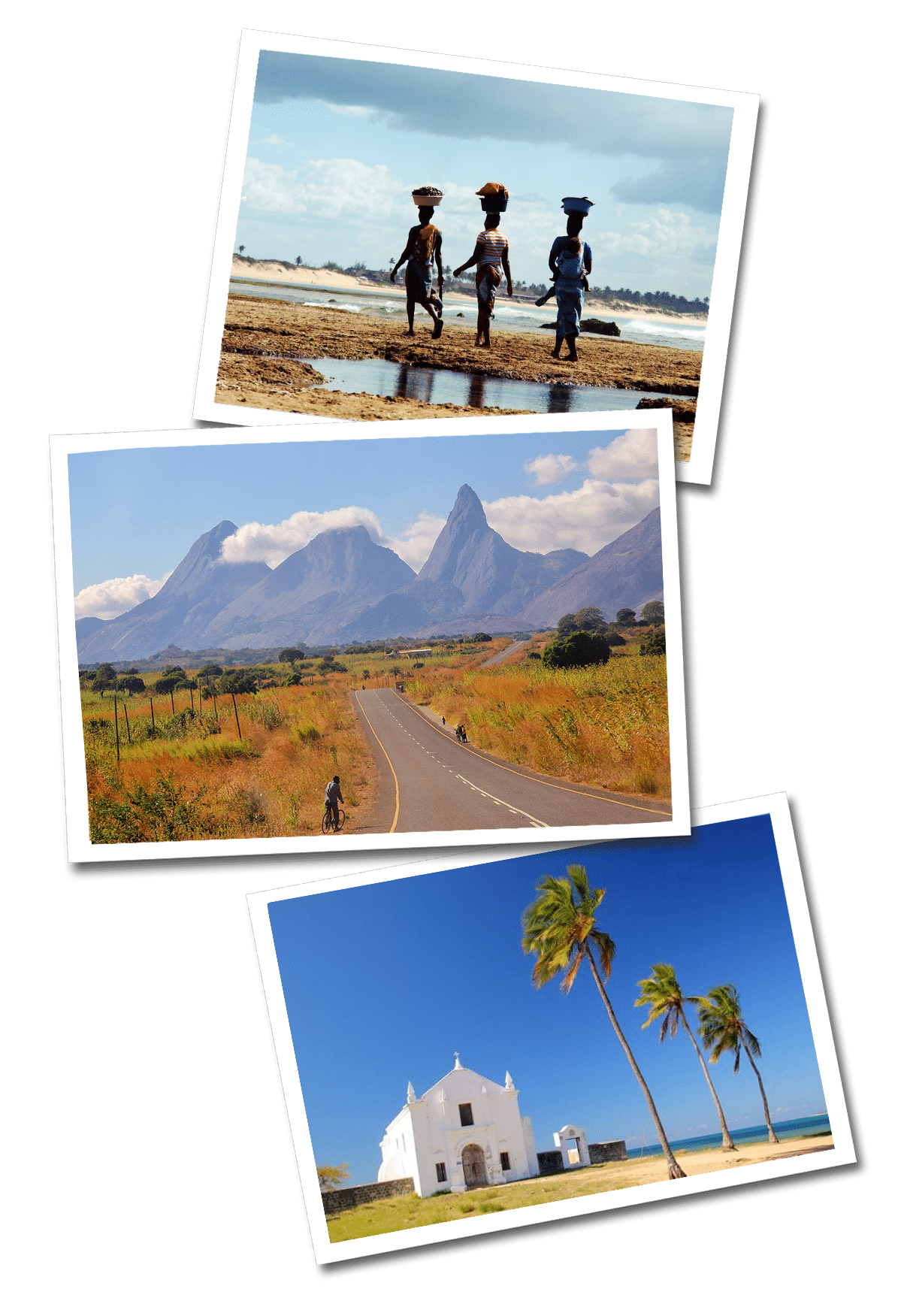
Located in Southern Africa, Mozambique is a unique and vibrant country with plenty to offer visitors. Its pristine beaches, diverse wildlife, rich cultural heritage, and bustling cities make it a must-visit destination for any traveler. Mozambique is also home to some of the most stunning coral reefs and marine life in the world, making it a paradise for divers and snorkelers.

Why Visit Mozambique
BEACHES
Mozambique is home to some of the most stunning beaches in the world. With its long coastline along the Indian Ocean, Mozambique boasts crystal clear waters, white sandy beaches, and a warm tropical climate, making it a popular destination for beach lovers.
SAFARI
Mozambique offers a true african safari experience. The Gorongosa National Park is one of the wildest and most unspoilt national parks in the continent. Its savannas and forests are home to elephants, zebras, buffalos, wildebeest, lions and more than 300 species of birds. The perfect location to spot the Big Five.
CULTURE
Mozambique has a rich and diverse culture, influenced by its history of Portuguese colonization, African traditions, and Arab and Indian traders. The country is home to over 20 different ethnic groups, each with their own unique customs, music, and dance. Traditional art and crafts, such as pottery, woodcarving, and weaving, are still produced by local communities and can be found in markets and shops throughout the country.
CUISINE
Mozambique’s cuisine is influenced by the Portuguese, African, and Indian cultures. Seafood is the main highlight of Mozambique’s cuisine due to its long coastline. Prawns, calamari, lobsters, and crabs are some of the popular seafood dishes. Peri-Peri and Matata are some of its most famous dishes.
- Name: Republic of Mozambique
- Capital: Maputo
- Official Languages: Portuguese
- Currency: Mozambican metical
- Time Zone: UTC+2
- Name: Republic of Mozambique
- Capital: Maputo
- Official Languages: Portuguese
- Currency: Mozambican metical
- Time Zone: UTC+2
Bucket list
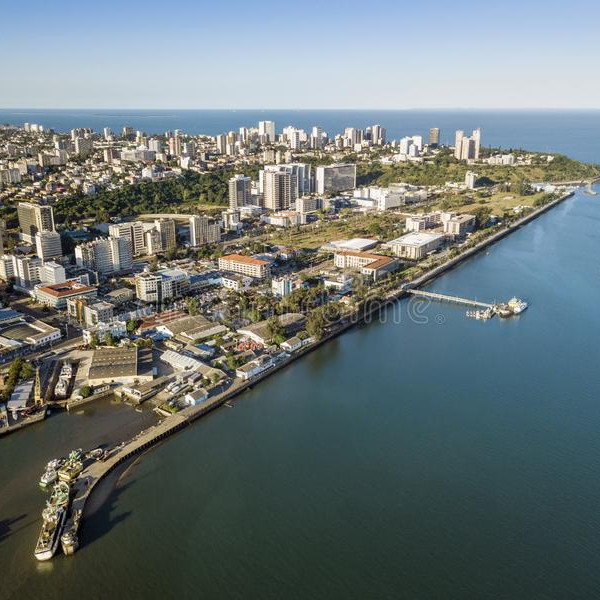
Explore Maputo
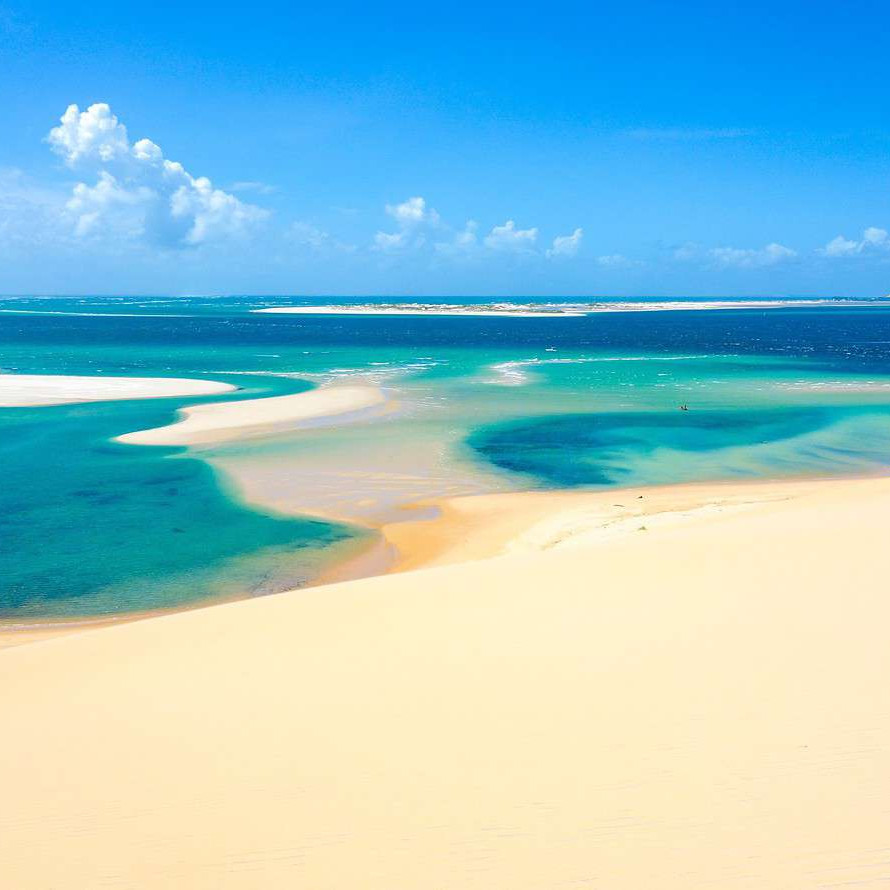
Visit Bazaruto National Park
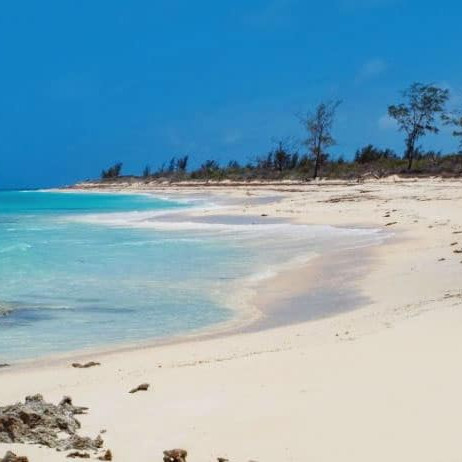
Hit the beach in Vamizi Island
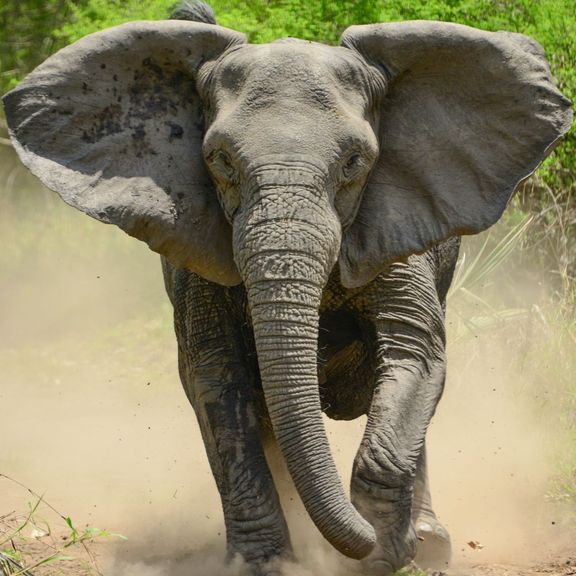
Spot some wildlife in the National Park Gorongosa
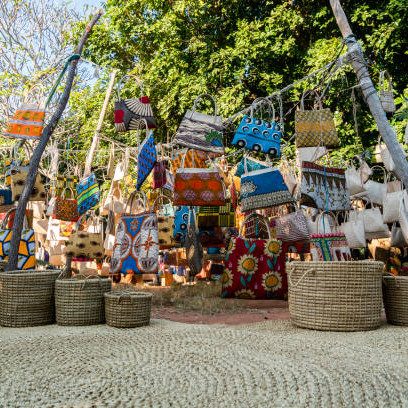
Go shopping to the FEIMA Arts and Crafts Market
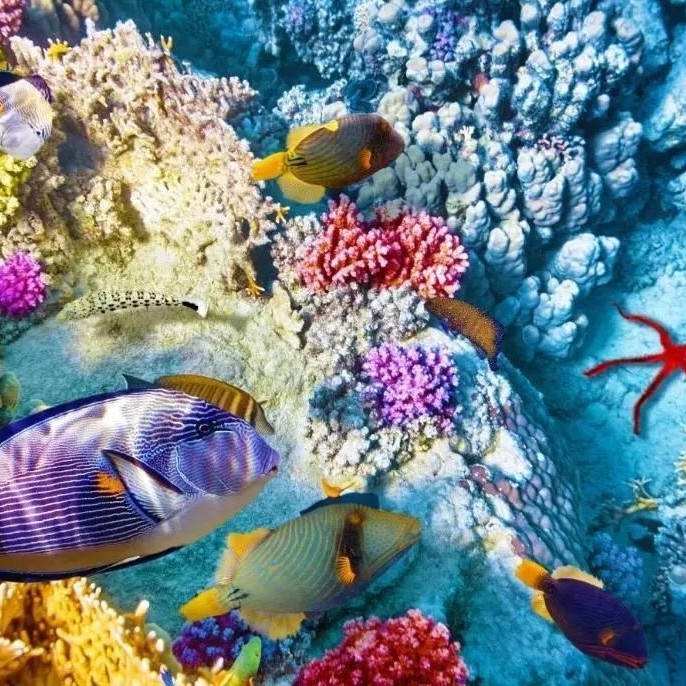
Go Scuba Diving
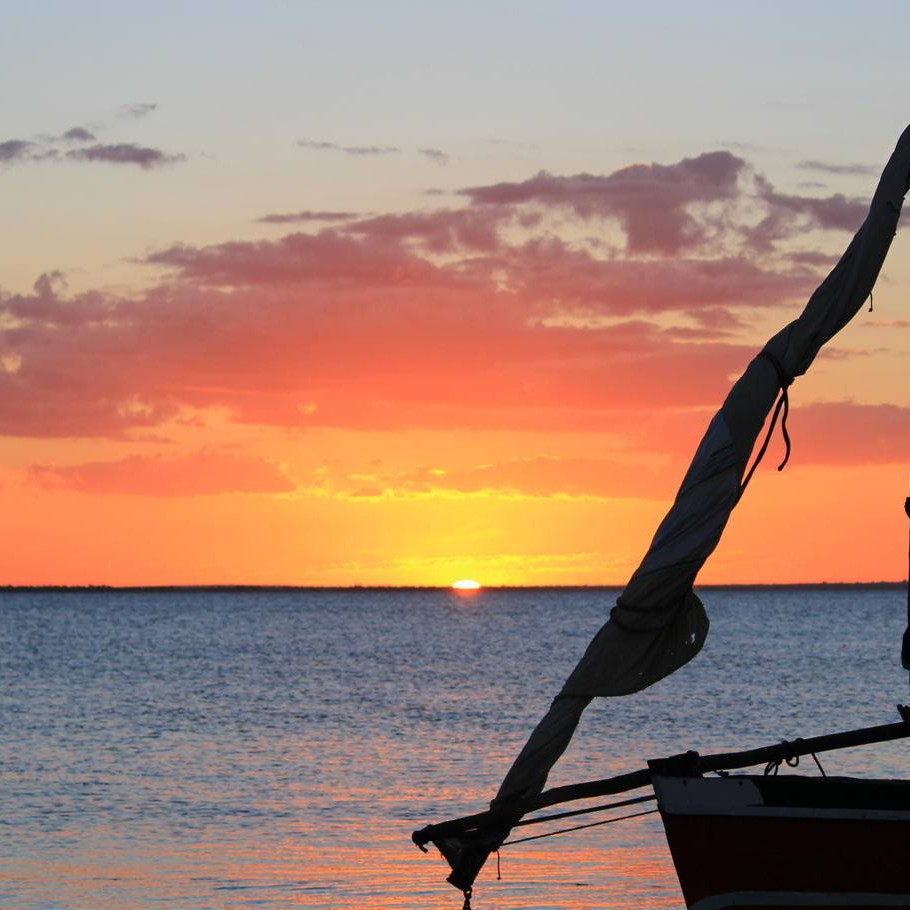
Watch the sunset from Vilankulo
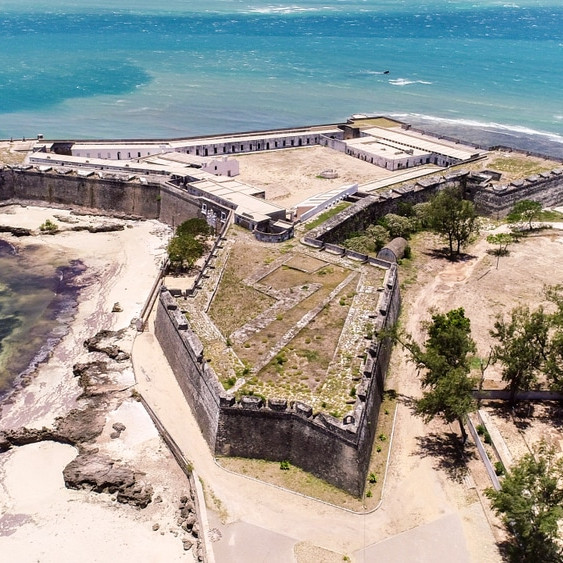
Visit the Fort São Sebastião
What to expect
LANGUAGE
Mozambique is a multilingual country with over 40 languages spoken. The official language of the country is Portuguese, a legacy of the colonial era, and it is spoken by a significant portion of the population, particularly in urban areas. Other widely spoken languages include Swahili, Makhuwa, Tsonga, and Sena, among others. English is also used as a second language in business and tourism.
ELECTRICITY
In Mozambique the standard voltage is 220 V and the frequency is 50 Hz. That’s the standard voltage (220-240V) in the UK, Europe, Australia and most of Asia and Africa; If you are traveling from the US you will need an adaptor. Access to electricity remains low in Mozambique and is mainly focused on urban areas.
CURRENCY
The Mozambican Metical is the currency of Mozambique. Dollars are widely accepted in tourist attractions and hotels. You could exchange your money at airports, banks and exchange offices. Credit cards would only be accepted at high-end hotels, shops and restaurant, but rarely anywhere else, therefore cash is recommended. 1 USD equals 63 meticals (as of 2023)
CLIMATE
Mozambique has a tropical climate with two main seasons: a wet season from October to March and a dry season from April to September. During the wet season, temperatures are high and rain is frequent, with the coast experiencing high humidity. The dry season is characterized by clear skies, lower humidity, and cool breezes. Temperatures can vary depending on the region, with coastal areas experiencing temperatures between 25°C to 32°C (77°F to 89.6°F) and inland areas experiencing temperatures between 20°C to 31°C (68°F to 87.8°F).
SAFETY
Mozambique is generally a safe country for tourists. However, as with any country, travelers should exercise caution and be aware of their surroundings, especially in crowded areas or unfamiliar neighborhoods. Petty crime, such as pickpocketing and bag snatching, can occur in tourist areas and on public transportation. Visitors should also take precautions when traveling to remote areas, as there is a risk of theft and armed attacks.
How to get around Mozambique
Getting around Mozambique can be challenging, but there are several options for transportation:
- Domestic flights: Several domestic airlines offer flights between major cities and towns in Mozambique.
- Taxis: Taxis are available in larger cities and towns. It’s essential to negotiate the fare before getting into a taxi.
- Minibuses: Minibusses, locally known as chapas, are the most common form of public transportation. They are crowded and often uncomfortable, but they are also cheap and can take you to almost any destination in the country.
- Car rental: Car rentals are available in larger cities, but the cost is high, and the roads can be challenging to navigate.
- Private drivers: You can hire a private driver to take you around Mozambique, which is a more comfortable and safer option than other public transportation.
- Boats: In coastal areas, boats are a common mode of transportation, particularly to get to islands.
It’s crucial to keep in mind that road conditions are often poor in Mozambique, so travel time can be longer than expected.
Visa Policy
Mozambique requires visas for citizens of most countries who wish to enter the country. Citizens of some countries, such as South Africa, Botswana, Tanzania, and several European nations, are exempt from visa requirements and are allowed to stay in Mozambique for up to 30 days. Citizens of other countries, including the United States, Canada, and Australia, must obtain a visa before arriving in Mozambique. Visas can be obtained from Mozambican embassies and consulates abroad or upon arrival at the airport or land border, but it is recommended to obtain the visa in advance to avoid delays and ensure smooth entry into the country. It is important to check with the nearest Mozambican embassy or consulate for the most up-to-date visa requirements and application procedures.
SUBSCRIBE!
Are you a globetrotter? Join our platform and get exclusive travel tips, getaways and more!
Djibouti
Travel to Djibouti, the third smallest country in continental Africa, filled with a rich cultural heritage and diverse landscapes.
Uganda
Travel Uganda, a very hospitable destination, with its friendly locals and sunny days all year round. It is also filled with incredible...
Rwanda
Travel Rwanda, known as the "land of thousand hills". The country is filled with natural wonders, an exciting destination for adventure seekers and those...
Malawi
Travel Malawi, a paradise for those looking for beautiful landscapes without the crowd. The country offers natural diversity for animal..
Namibia
Travel to Namibia, a beautiful and diverse country known for its stunning natural landscapes and wildlife-rich national parks...
Djibouti
Travel to Djibouti, the third smallest country in continental Africa, filled with a rich cultural…
Uganda
Travel Uganda, a very hospitable destination, with its friendly locals and sunny days all year…
Rwanda
Travel Rwanda, known as the "land of thousand hills". The country is filled with natural wonders,…


